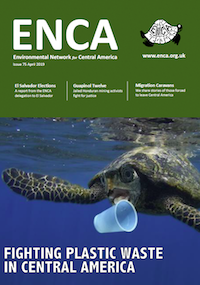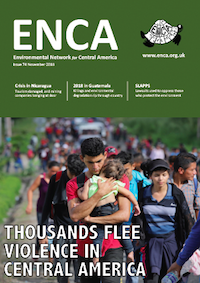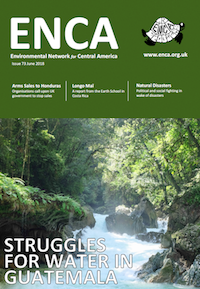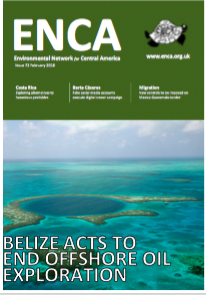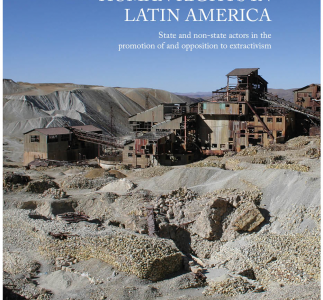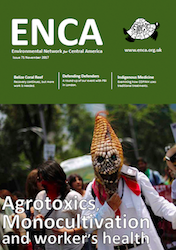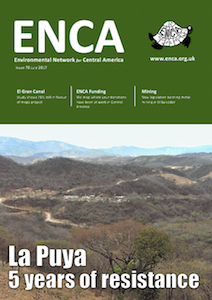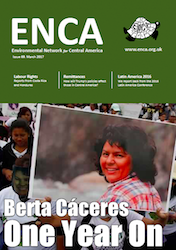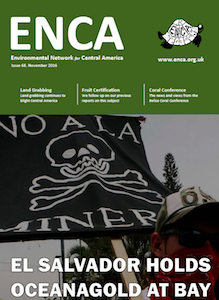In ENCA Newsletter No 74 (November 2018), we included a three-page round-up of corruption, repression and violence in Guatemala. Half a year later the situation in Guatemala for defenders of land rights, environmental rights and human rights cannot be said to have improved, but in this issue it is the turn of Honduras to be scrutinised.
…

